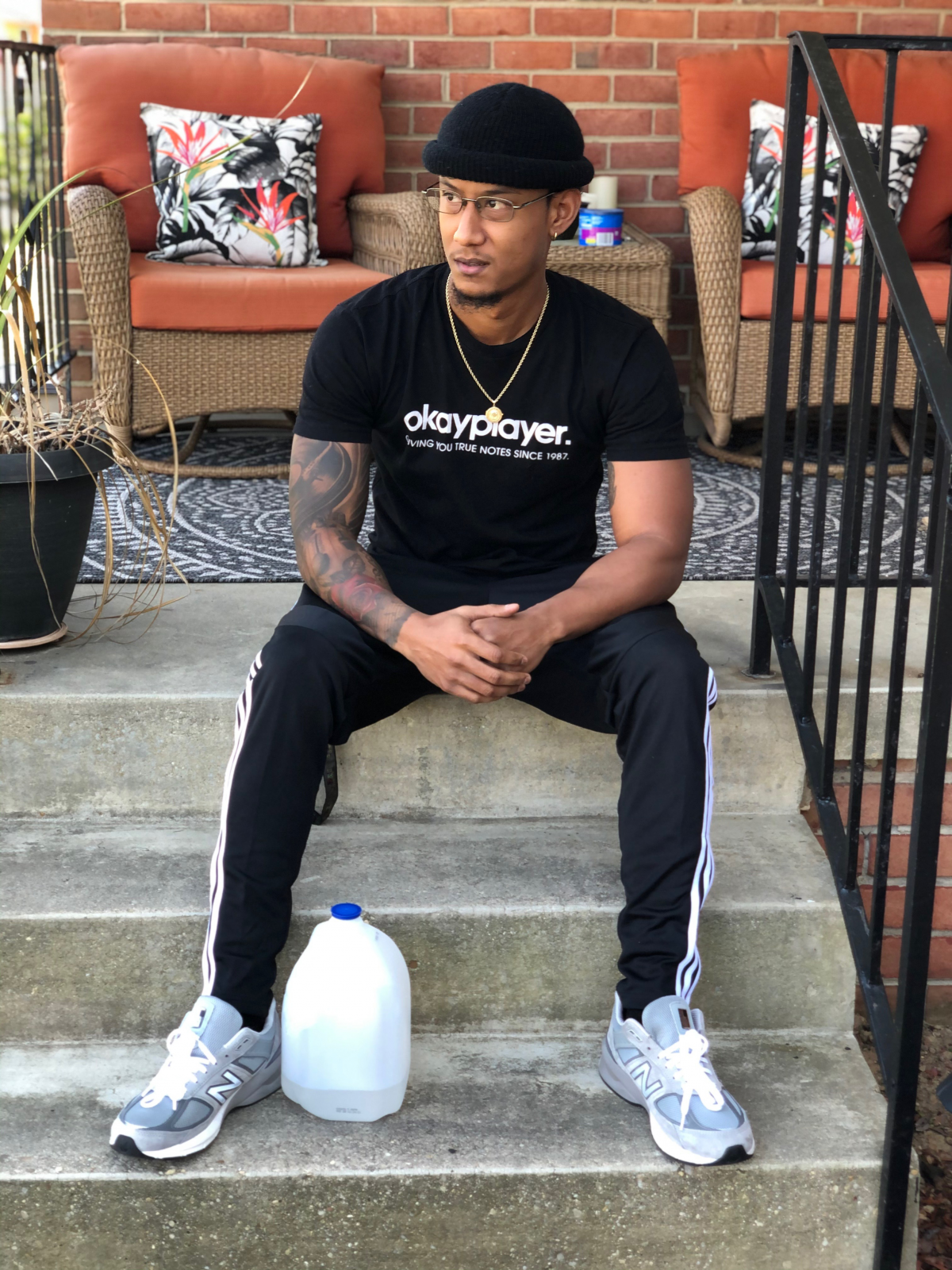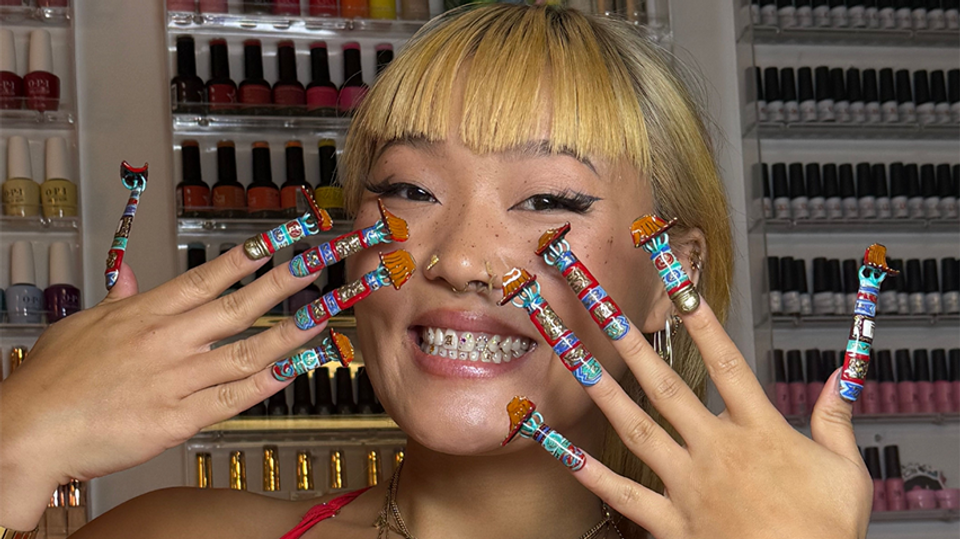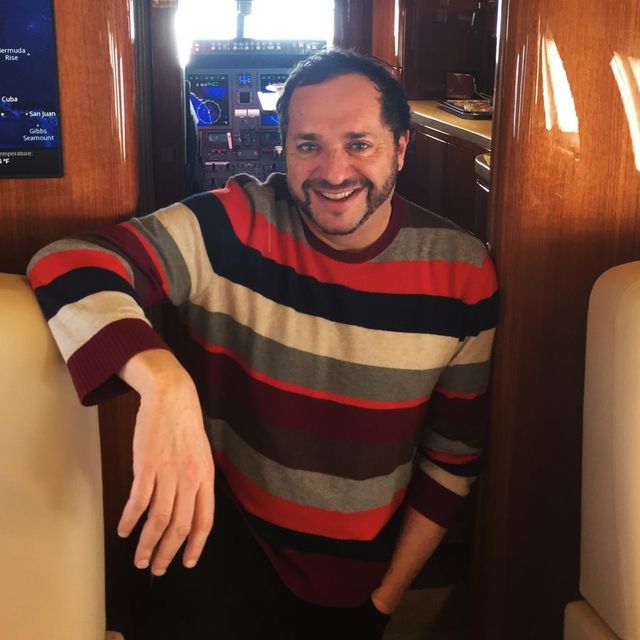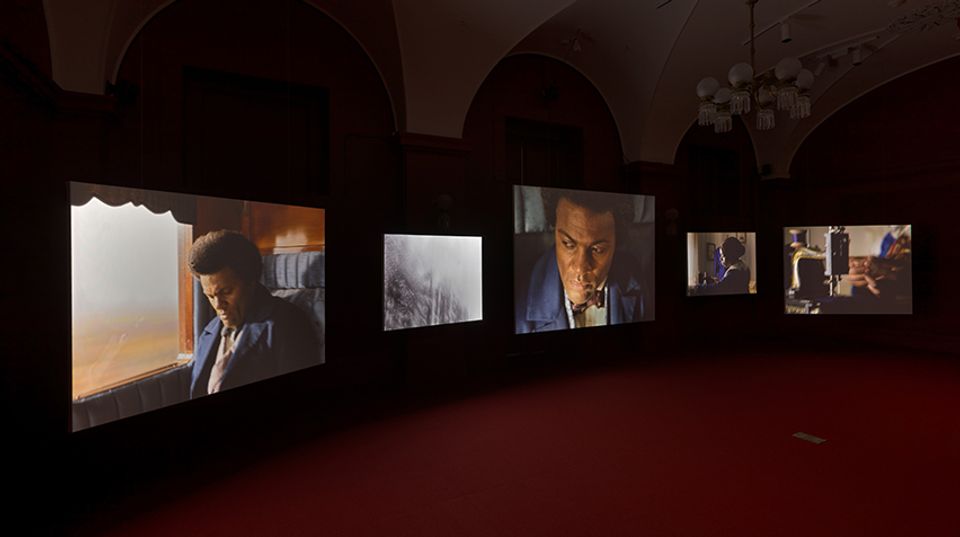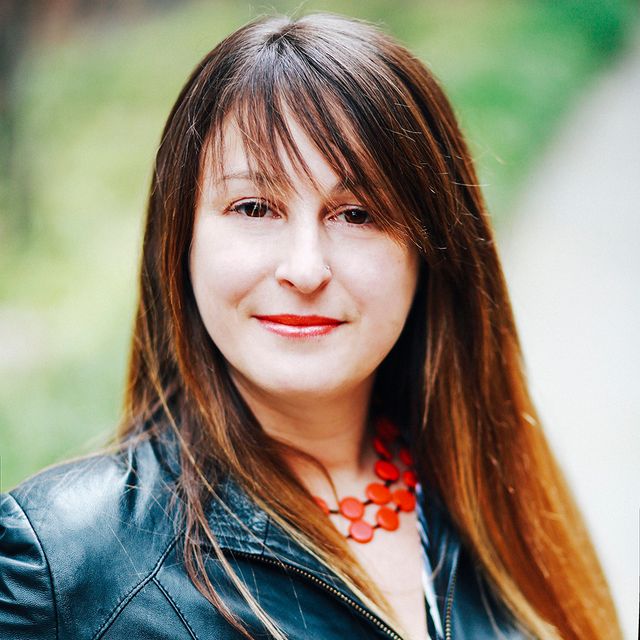From 2011 to 2020, SAAM hosted Luce Unplugged, a free, monthly concert series that celebrated the work of local musicians in its Luce Foundation Center. Since in-person events have been restricted during the pandemic, we teamed up with a local music podcast, Hometown Sounds, to continue to bring you music and conversations from your favorite DC artists. In our December episode, producer Drew Dave discusses his approach to making beats and how working with one of his heroes changed his self-image. To hear the full interview, visit hometownsoundsdc.com.
Hometown Sounds: Can you tell us how you became a producer and a critical part of the DC hip hop scene?
Drew Dave: I don't know how critical I am. I started making beats in high school. A friend of mine, Michael Carter, gave me a crack version of FL Studio. I couldn't even save a beat. I had to make the beat all over again if I didn’t finish it.
I’m 32 now and I’ve been making beats for roughly 17 years. In winter of 2008, there was a beat battle at Jammin Java in Vienna, Virginia, a suburb of DC. It was promoted and hosted by a local label called Inner Loop Records. I won the whole thing, and from there, I was able to get my name circulating. Inner Loop kept in contact with me, even when I went back to school at Virginia State University (VSU). Eventually they wanted to include me in their label as an in-house producer.
I was with them for two years, and during that time, I was able to do showcases at places like Bohemian Caverns and Everlasting Life Café. I was able to get my music out, especially back home, where I felt it was most vital.
Can we ask you about your approach to making beats? Do you create beats with the idea that they will have future lives in songs?
It really depends on my intent at that moment. If I'm working on a project, everything I'm doing is intentional. I'm trying to adhere to the concept and the vision I had for that project. But if I'm just creating to create, I'm not really thinking about anything. I go wherever it takes me. If I have that foundation, then I may start to think strategically, but initially when I sit down at my Maschine— I have the Native MK2— I'm not thinking.
I have the sample that I decided to flip. I'm chopping based on my drum programming, and then I go to my keyboard, play the baseline, and go from there. The only time I'm really thinking or really doing anything with intent is when I'm actually working on a project that has a conceptual base.
I love the expression and the fact that there are no rules to it at all. I used to think that there were rules and I used to be a purist, but not anymore. You can just do what you wanna do, as long as the end result sounds good. I love the freedom and the expression of making beats.
You’ve released six albums since the beginning of the pandemic. It seems like you had a very productive outlet for your creativity during this time.
I think that was a silver lining of the pandemic for me. Pre-pandemic, I had no life. I had a life, but it was consumed by my work at the 9:30 Club. I was there five, six days a week, working late hours, sometimes coming home when the sun came up. I did not have as much time to invest in my craft as I would have liked.
I went from an extremely active lifestyle— always working, always being out— to just sitting at home. I was like, there's only one thing left to do and that's to take full advantage of this time. I took it and ran with it, and that resulted in those six projects on my Bandcamp page. I was making beats every day, two, three times a day. I had the time to invest in music that I’d always wished I'd had. I did not take it for granted.
Your 2020 release, Focused, has some fresh album art. Where do the vibrant illustrations for your album covers come from?
Oh, that's from my brother, Joe Udoh. I met him at 9:30 and now he's my brother for life. Joe is incredible. As you can see, he has a way of telling a story through his art. If I have the option, I utilize him for every one of my projects now. I do not believe he has work online and he keeps deleting and reactivating his Instagram account. Joe's an introvert like me, even more so.
I seek out people who I know are professional in what they do and really intentional in what they do. It enables me to just let them do their thing. I don't really have to micromanage. I hate doing that anyway. I give [the designer or illustrator I’m working with] a broad idea of what I envision and just let them do their thing. I think that's why me and Joe work so well. We’re basically the exact same person, so I can tell him something and he can execute it and bring it to life.
What was it like to work with Uptown XO on Culture Over Corporate?
XO knocked out either four or five songs [the first night we recorded Culture Over Corporate]. That was one of the best nights of my life. The energy in the studio was crazy, and it all came from XO. It was surreal to me because I'd wanted to work with him for years, and I was actually there. It was truly a dream come true. I was in awe that he was doing all this over my beats. One of the beats we used that night was four or five years old. The fact that it still resonated with him, and still sounded good, was dope to me.
At that moment, I didn't really see myself as XO’s peer, even though he probably saw me that way. He would do some stuff and I would try to provide input, but I was nervous. At the same time, I knew there was a reason why he chose me to do this. I tried to keep that in mind. I began to feel more confident to speak up and provide valuable input. I would definitely say that, through that process, I started to learn my worth as a producer and really, truly understand my capabilities in terms of my musicianship and what I'm able to bring to the table.
It took a little bit for this project to be publicly released, but it was, and it was extremely well received. I'm still in shock that I was the sole producer of this album. Nine songs, plus interludes. 100% produced by me. I’m extremely proud of that project.














